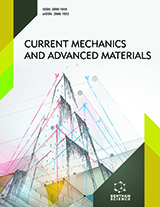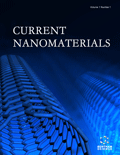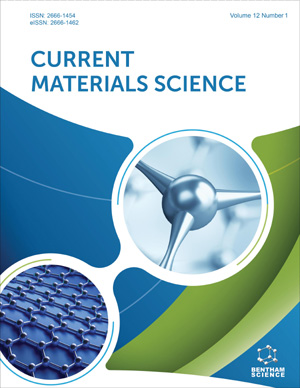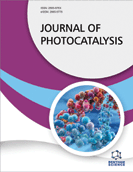Abstract
Background: Detection of heat sources is frequently encountered in many fields of science and engineering and plays a significant role in monitoring and control of many engineering thermal systems.
Objective: The objective of this paper is to estimate the space and time-dependent heat sources in multi-dimensional functionally graded materials using boundary temperature data.
Methods: First, the dimensionless temperature at the measurement points on the boundary is obtained by a direct process. Then, the objective function is obtained by a series of matrix operations, and the relationship between the temperature at the measurement points and the unknown parameters is established. After that, the strength of the heat sources can be inversed directly by the leastsquare error method, then the location and number of the heat sources can be obtained directly from the strength distribution of heat sources. The coefficient expansion method and truncated singular value decomposition method are applied to reduce the ill-posed degree of the inverse process.
Results: Through the analysis of typical 2-dimensional and 3-dimensional examples, the influence of various factors such as the type of basis functions, the circular supported radius and the measurement noise on the inversion results is discussed, which shows that this method can identify the strength, location and number of heat sources of FGMs well.
Conclusion: A non-iterative inverse method based on precise integration finite element method and least-square error method is established to estimate the strength, location and number of the unknown heat sources of functionally graded materials using boundary temperature data.
Keywords: Inverse heat conduction problems, non-iterative inverse method, heat source identification, coefficient expansion method, truncated singular value decomposition method, least-square error method
Graphical Abstract























